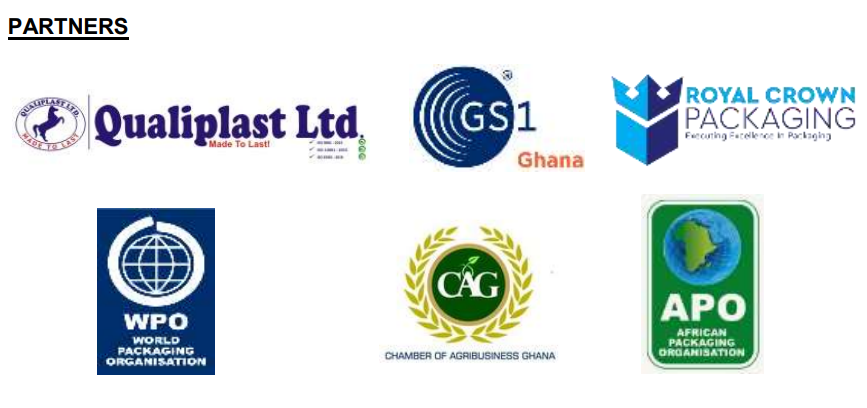
International day of awareness of food loss and waste - (Institute of Packaging Ghana)
PRESS-RELEASE - On 19th September 2019, the United Nations General Assembly designated 29th September as the International Day of Awareness of Food Loss and Waste. The resolution recognized that the observance would contribute significantly to raising awareness of the importance of the problem and its possible solutions at all levels, and promote global efforts and collective action towards responsible consumption and production, as enshrined in Sustainable Development Goal 12.
Advertisement
Ghana joins the international community to observe the second International Day of Awareness of Food Loss and Waste today 29th September 2021.
According to the Food and Agriculture Organization of the United Nations, food loss typically takes place at the production, storage, processing, and distribution stages in the food value chain. Food waste on the other hand refers to the decrease in the quantity or quality of food resulting from decisions and actions by retailers, food service providers and consumers. This is good quality food which is not consumed because it is discarded.
It is estimated that about one-third of all food produced in the world is either lost or wasted along the value chain - from farm to the dining table. Consequently, all the resources used to produce this food - including water, land, energy, labour and capital - go to waste and end up in landfills. This has a significant negative impact on the environment accounting for nearly 8% of global greenhouse gas emissions.
In many developing countries including Ghana, a significant proportion of the food produced particularly fruits and vegetables gets lost along the supply chain, before it ever reaches the market due to poor handling, inadequate storage, improper packaging, and lack of good transport infrastructure. These losses as well as related economic and environmental costs have adverse impacts on the livelihoods, nutrition and food security of millions of small-scale farmers.
The amount of food that is wasted from the retail end to the kitchen have not been properly quantified in many countries, but this could be very high especially in developed economies. A recent U.N. report estimates that about 17 per cent of the food produced globally each year amounting to over 900 million metric tons is wasted. This is caused by lack of proper planning, over-preparation of food at home and in the food service industry, failures in industrial processing, over-merchandizing in food stores and supermarkets and consumer purchasing behaviour.
The world is choking on waste - packaging waste, electronic waste, food waste and many more. This is because current production systems are Linear – where we take, make, use and eventually throw away resources. This is not sustainable and something has to be done about it.
Food loss and waste reduction can be achieved through
- Improvement of food harvesting, storage, processing, and distribution processes
- Initiatives by supermarkets, retail food outlets, big restaurants, and individual consumers.
- Clarity on food date labels by manufacturers to minimize unnecessary discards at home
- Innovative packaging designs for better portion control, extension of shelf life, protection, freshness and information on storage options.
- Initiatives to redistribute fresh produce as well as cooked or processed food through food banks
- Food recycling initiatives to convert waste food into high quality feeds for livestock.
A new approach that is gaining global popularity is the Circular Economy – a take, make, use, and reuse approach. This is a closed-loop system where waste products are remade or recycled to generate new products, services, and applications. Reducing food loss and waste though a Circular Economy will contribute significantly to the realization of broader improvements to agri-food systems to achieve food security, food safety, improved food quality and deliver on nutritional outcomes.
The International Day of Awareness of Food Loss and Waste is an opportunity to call to action both National and Local authorities, businesses and individuals, to prioritise actions and move ahead with innovation to reduce food loss and waste towards restoring and building back better and resilient-ready, food systems. Let us join forces to wage war on food loss and food waste to reduce hunger and save our planet.




